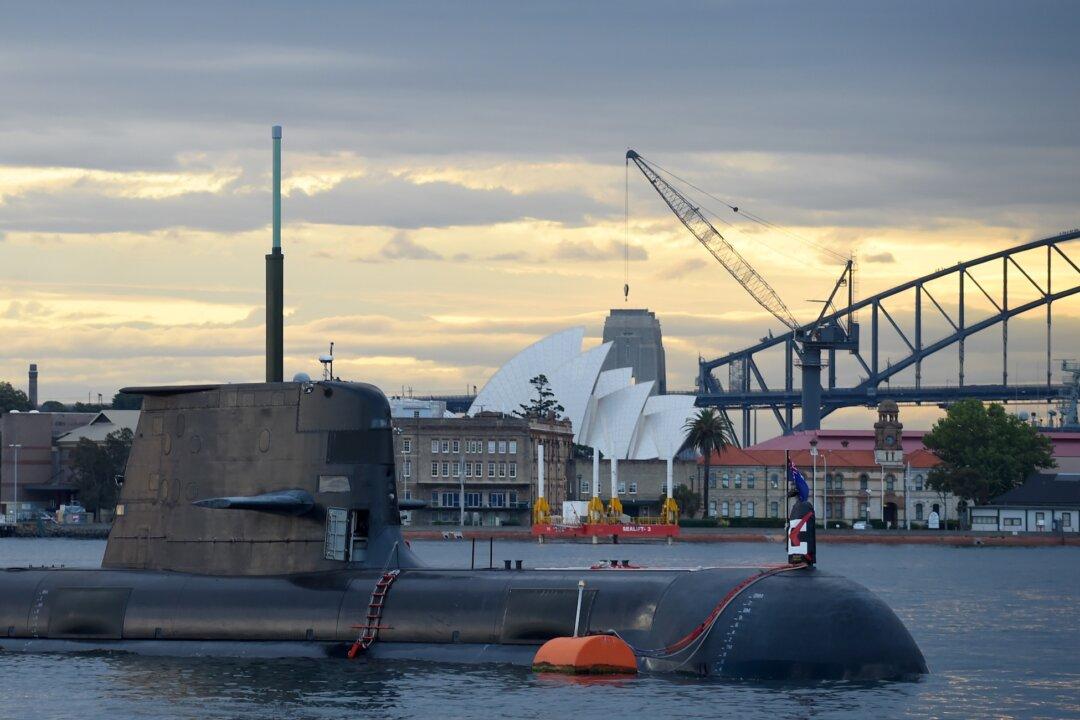Beijing’s large diplomatic presence in Adelaide may be a serious “espionage threat” to South Australia’s prominent defence industry, according to Senator Rex Patrick.
The senator from South Australia said the Defence Department acknowledged that foreign espionage posed an “extreme threat,” particularly in connection to upcoming naval projects being developed in Adelaide.





